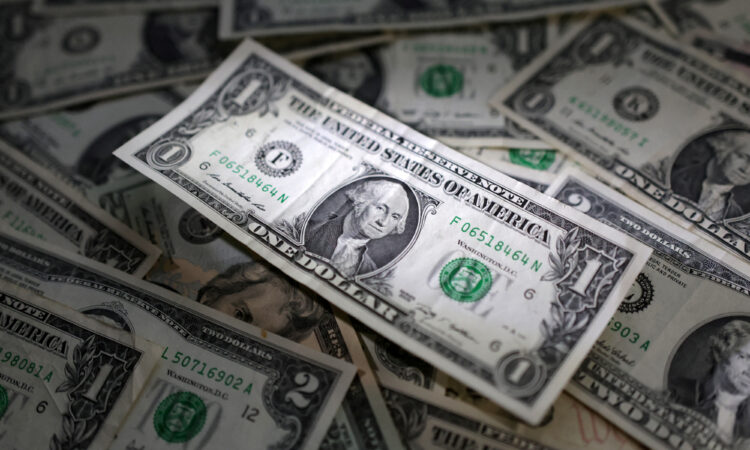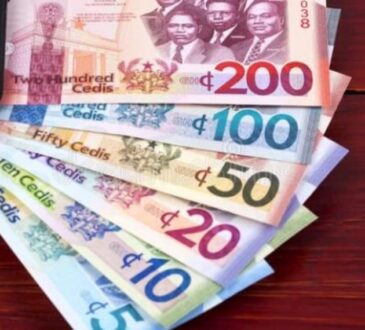Analysts predict persistent colatility for Cedi as It tops GHS 17 to Dollar amid election concerns

Market analysts are projecting ongoing volatility for the cedi, which has now exceeded GHS 17 against the US dollar as uncertainty surrounding Ghana’s upcoming general elections intensifies. Experts caution that the local currency could experience further fluctuations and upward pressure in the coming months.
In October 2024 alone, the cedi depreciated by 3.95% against the dollar, contributing to a year-to-date decline of nearly 29%. This is at odds with recent statements by Bank of Ghana Governor Dr. Ernest Addison, who voiced optimism about the cedi’s potential recovery against the dollar.
Adding to the strain, the cedi weakened last week by 1.50% against the British Pound and 0.69% against the Euro, further impacting Ghana’s economy. A shop manager in Lapaz, speaking to Citi Business News, urged government action as the cedi’s depreciation raises import costs ahead of the holiday season, placing additional strain on both businesses and consumers.
“Prices are killing us,” said a local buyer, expressing frustration over how the cedi’s decline is driving up everyday expenses, from transportation to food. While the Bank of Ghana has introduced measures aimed at stabilizing the currency, analysts argue that, without significant economic reforms, pressures on the cedi are likely to persist. Even potential support from an upcoming IMF bailout tranche and debt restructuring talks with external creditors may offer limited relief.
“We know in economics that prices are upwardly flexible and downwardly sticky, so we shouldn’t expect the cedi to regain substantial value—like down to around GHS 10—unless there’s an extraordinary change,” said economist Prof. Godfred Bokpin. He noted that election-related uncertainties continue to elevate economic risks in the country.







